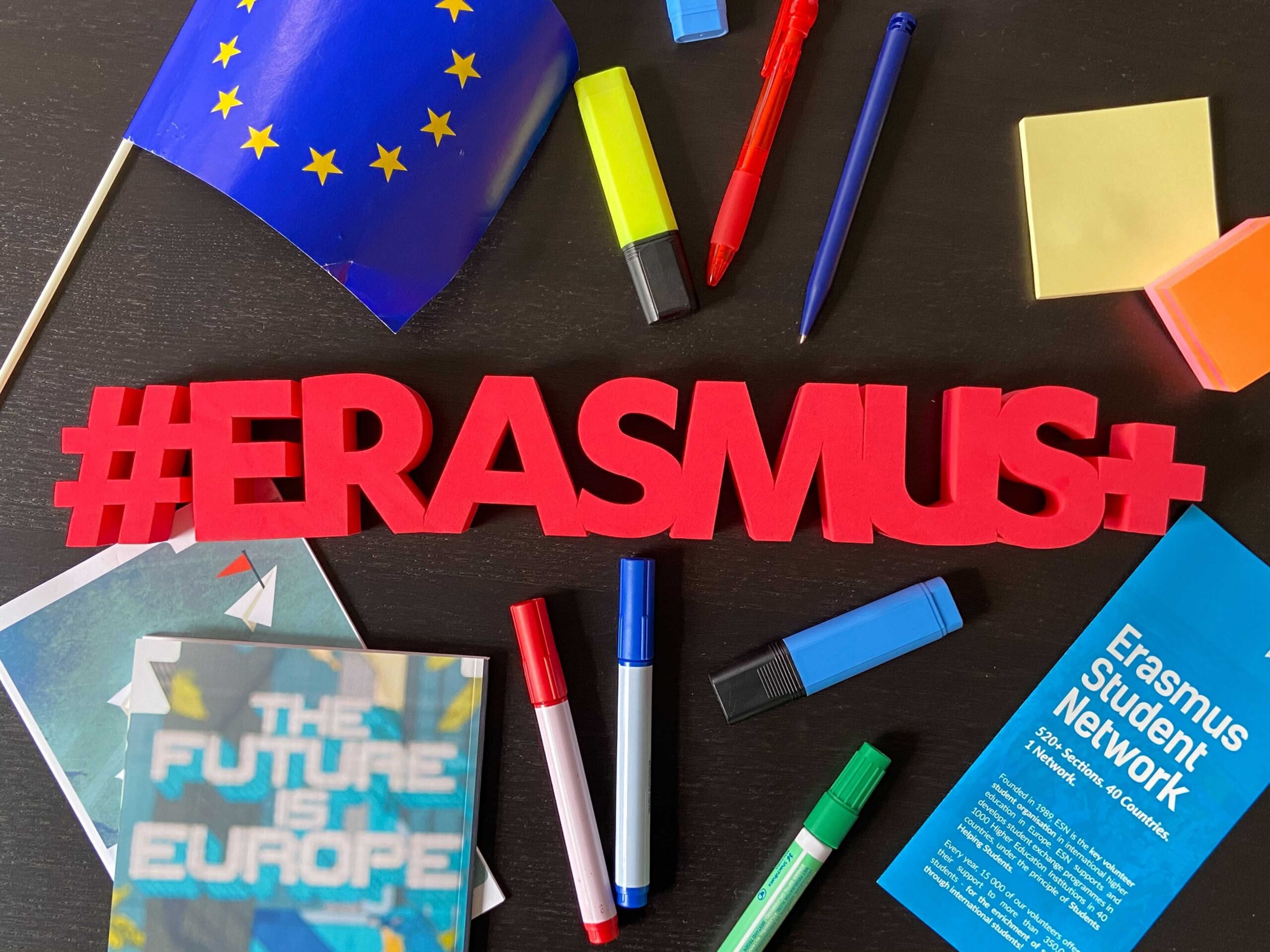
About Lesson
Mobilities for youth workers support the professional development of youth workers and thereby the development of quality youth work at local, regional, national, European and international level, through non-formal and informal learning experiences in mobility activities.
Objectives:
- Provide non-formal and informal learning opportunities for educational and professional development of youth workers, contributing to high quality individual practice as well as to the evolution of youth work organisations and systems;
- Build a community of youth workers that can support the quality of projects and activities for young people in EU programmes and beyond.
- Develop local youth work practices and contribute to capacity building for quality youth work of the participants and their organisation, having a clear impact on the participating youth workers’ regular work with young people.
Types of activities funded:
- Study visits and different types of assignments, such as job shadowing, youth worker exchanges and peer learning, in youth work organisations and organisations active in the youth field abroad.
- Networking and community building among youth workers taking part in the action and supporting its objectives.
- Training courses supporting the development of competences (e.g. based on relevant existing competence models), to implement quality youth work practices or address and test innovative methods (for instance related to digital and smart youth work).